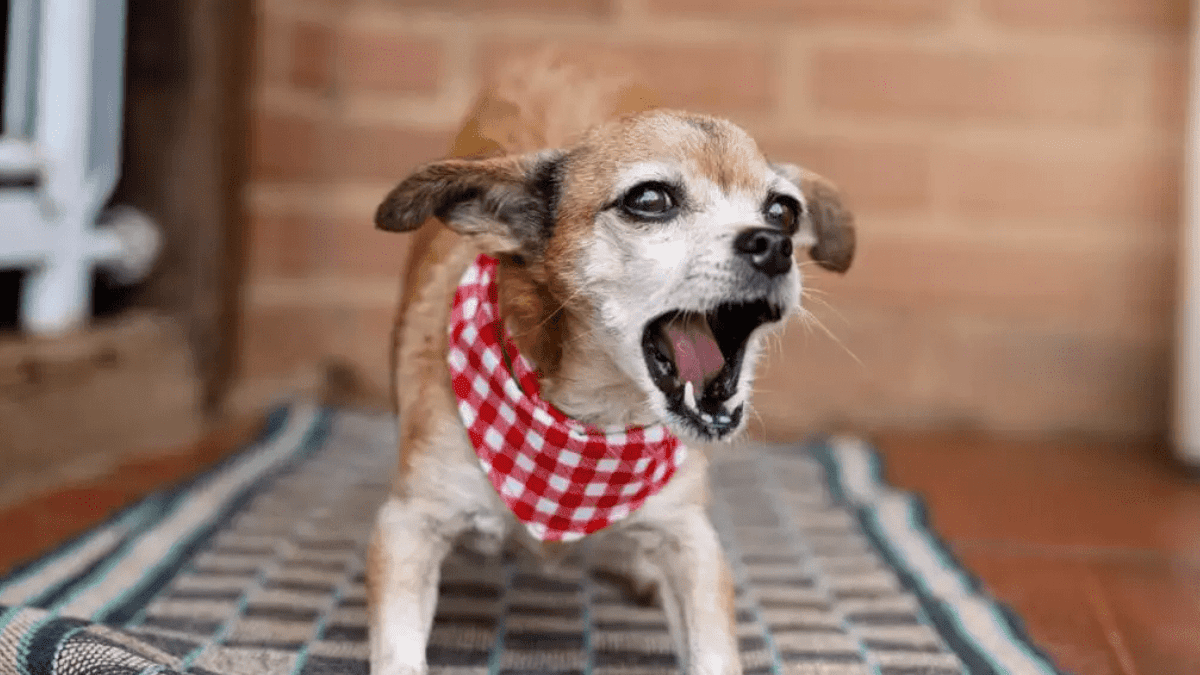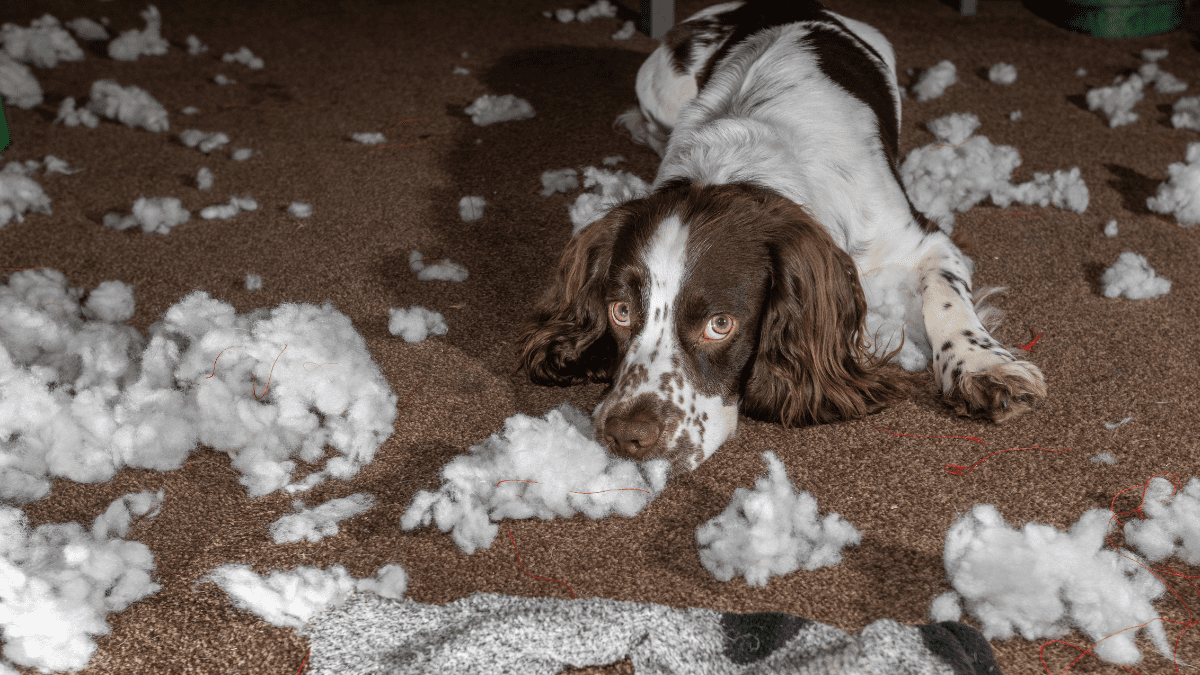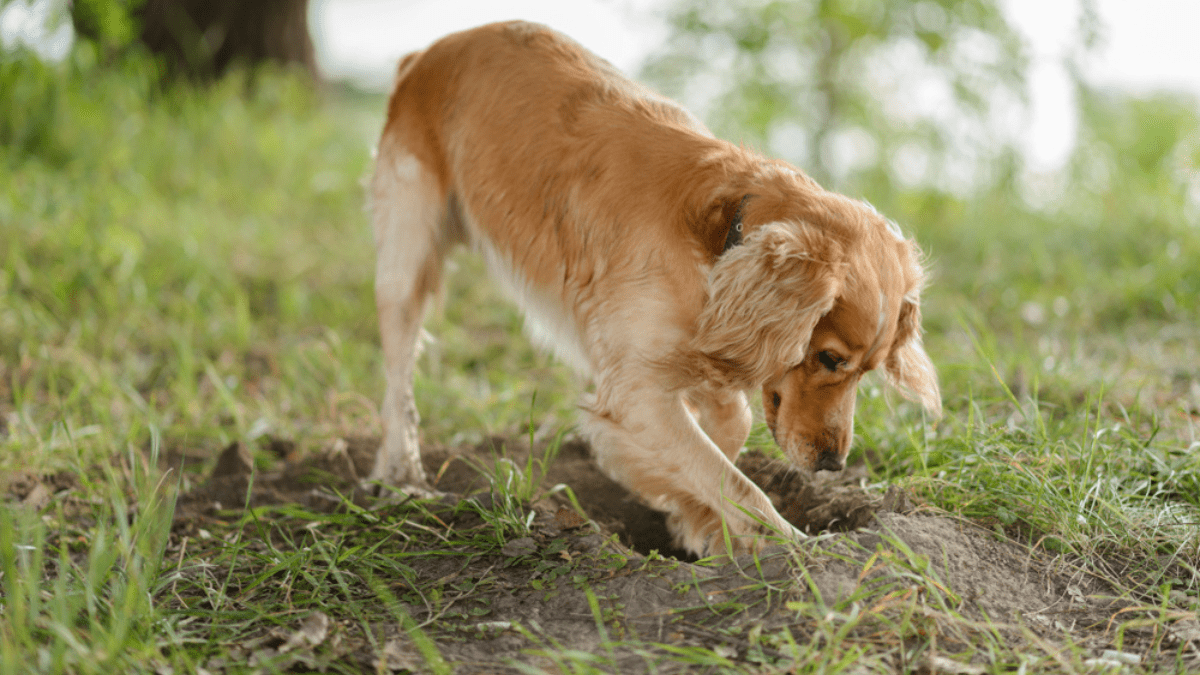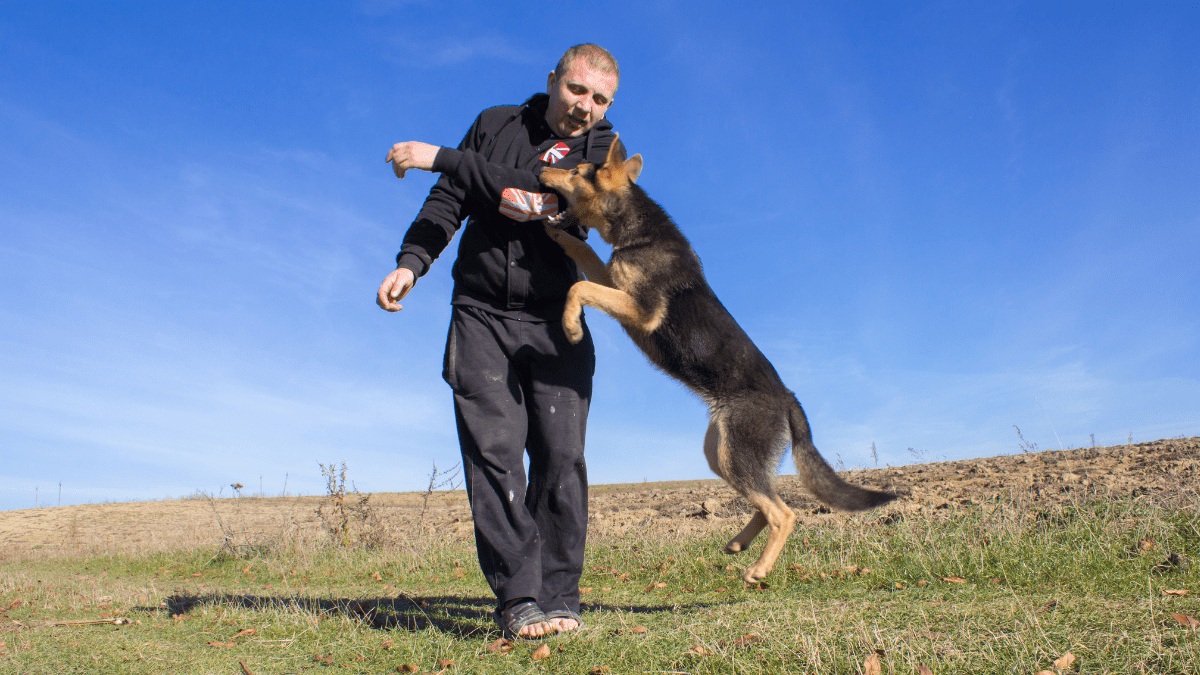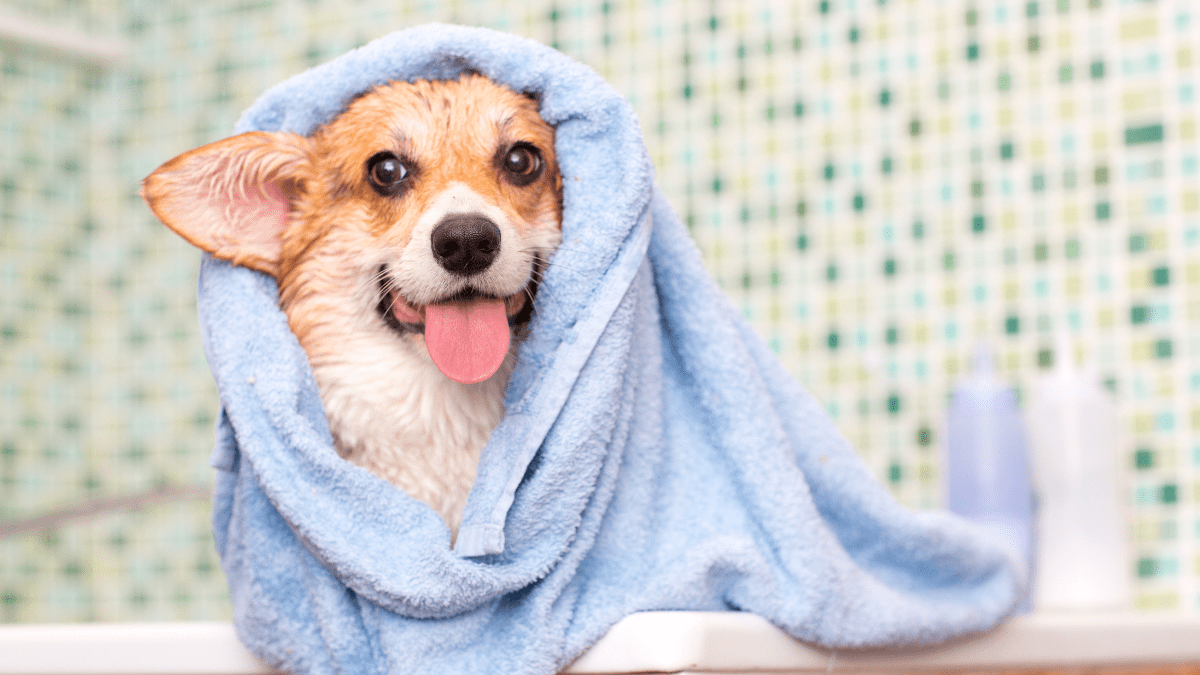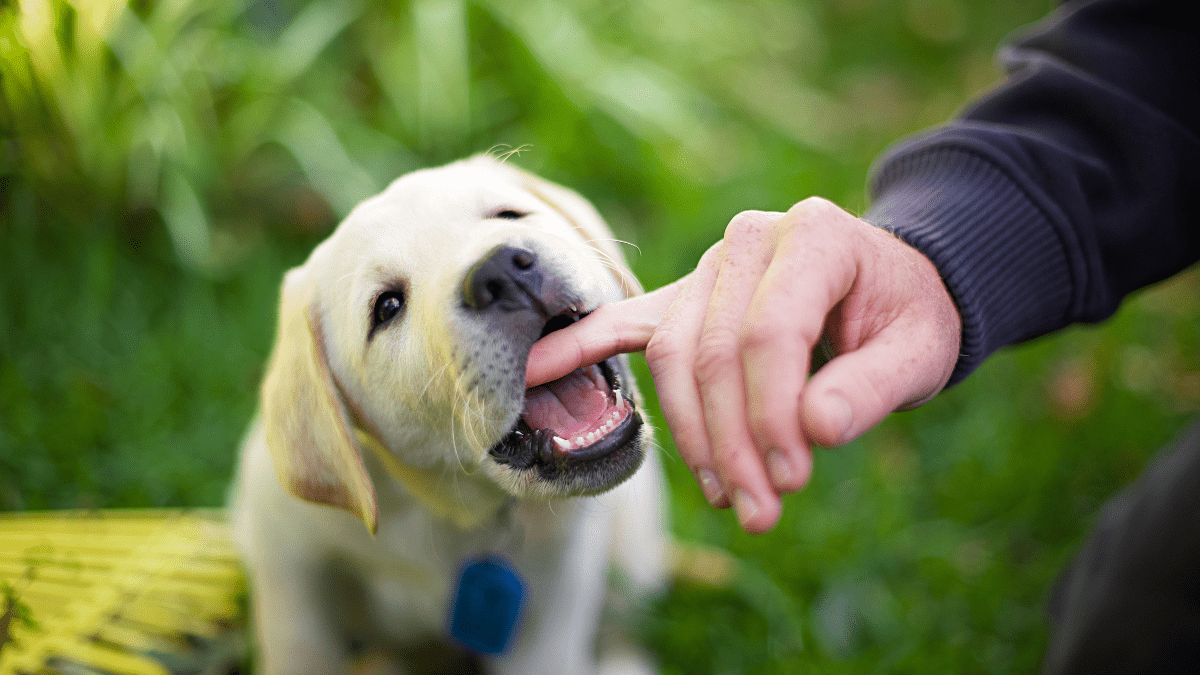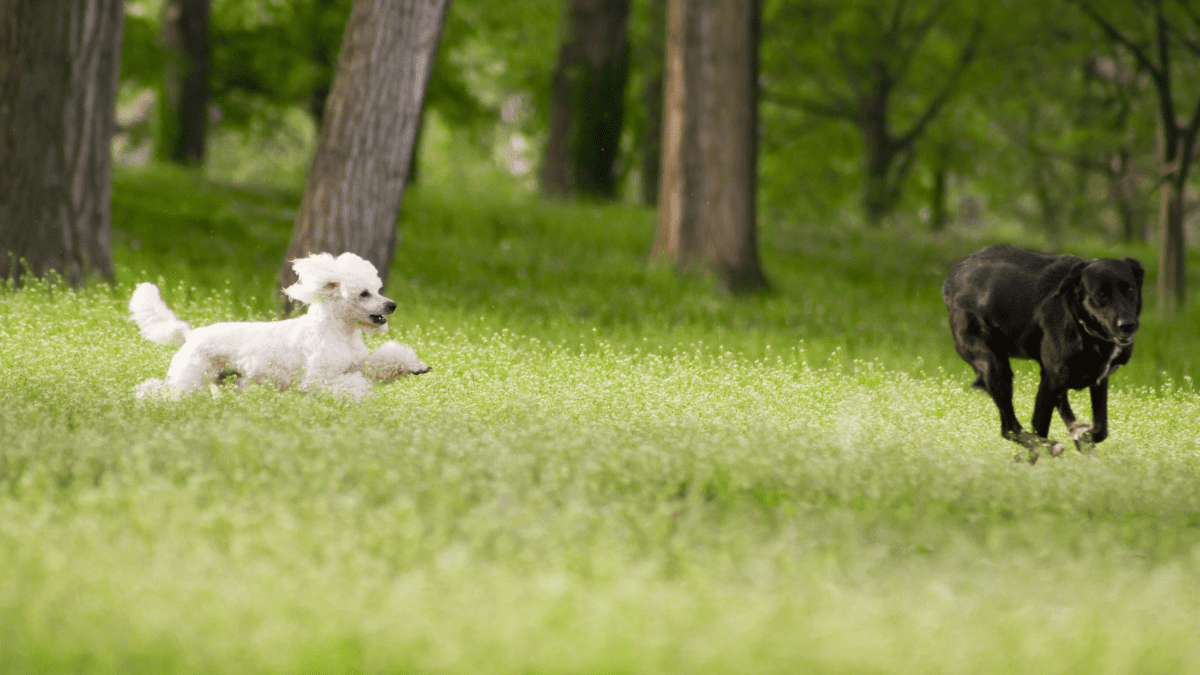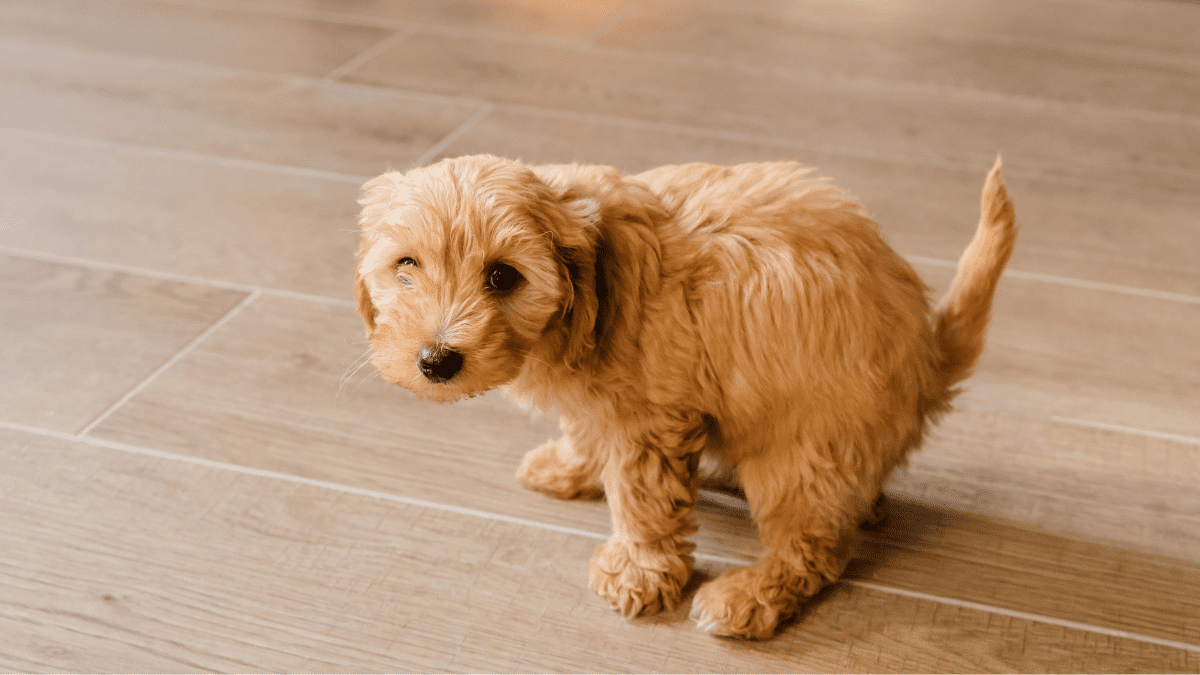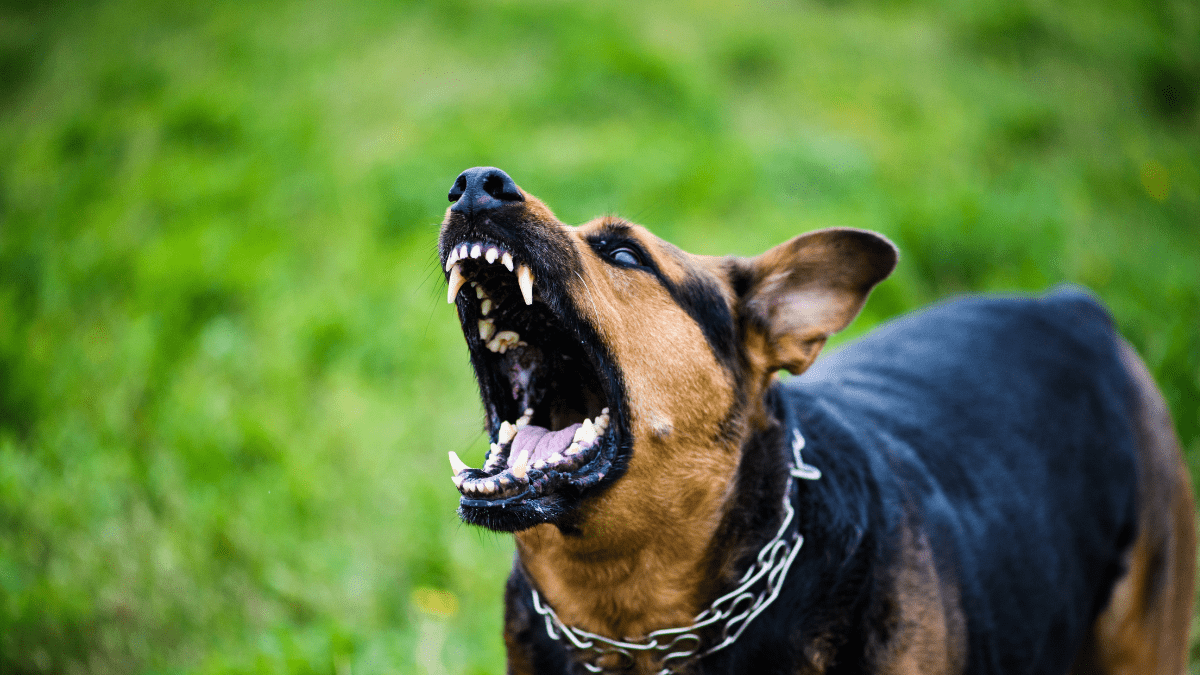Ever wondered about the meaning behind your dog’s behaviors? How they act could be a reflection of what they need and even what they’re thinking or feeling. But what happens when your dog starts showing dangerous behaviors? And how would you know if these behaviors are really harmful in the first place?
We’ve got the answers for you. First off, if you let your dogs live their lives with problematic behaviors, this could lead to a disaster. Think serious injuries inflicted on other people and animals, legal issues, or worse, the dog being surrendered to a shelter. Understanding dog behavior is complex work, and you have to have a starting point. Let this listicle guide you in learning about dangerous dog behaviors you should never ignore.
10. Excessive Barking
Dogs bark when they’re bored and anxious or sometimes when they need attention. These things are normal. But there are situations that could trigger them to bark excessively, such as separation anxiety and feeling territorial.
When left alone, dogs can go on a barking spree and do other destructive things inside the house. Similarly, an unknown person or animal entering the area or territory of your dog could cause excessive barking coupled with aggression.
How to handle: A quiet dog is a tired dog. If you need to leave your dog for a while, take them for a walk or play with them before you go. It might also help if you let your dog meet other people and furry pets. Positive experiences with them won’t likely compel your dog to bark too much.
9. Destructive Chewing
Chewing, along with sniffing and tasting, are common for dogs who are still learning about their environment. For older dogs, chewing helps in keeping the teeth clean and jaws strong. But when your pet chews on the doorway and destroys other household items, that’s not normal.
Destructive chewing can be linked to boredom and anxiety in dogs. Chewing on things is one way to entertain themselves when they lack physical or mental stimulation. Meanwhile, if they want to escape from a room or a cage, they have the tendency to chew on doorways.
How to handle: Understand why your dog is displaying destructive chewing behavior; solutions should be specific to the cause. Generally though, it helps to offer your dog many ways to exercise mentally and physically. Having a rotation of toys can also keep your furry companion occupied.
8. Digging
If some dogs chew, others dig. Have you seen a small pup digging into beds and couches? That one’s pretty adorable, and they do it to say “this spot is mine.” But what about the time when a dog digs up a hole outside? That one could be dangerous.
Digging holes outside could expose dogs to toxic materials and cause them to breathe in dust. In North America, there’s also a type of fungus living in moist soils called Blastomyces dermatitidis. Being infected with this fungus could lead to a fatal fungal disease.
How to handle: There are dog breeds that are really born diggers, such as Terrier and Siberian Husky. If you own such breeds, you can create a safe digging zone for your pooch or a sandbox that doubles as a digging spot. Otherwise, keep your dog busy to distract them from digging. You can also try covering up the holes or dig spots with natural deterrents, like citrus peels or vinegar.
7. Jumping on People
Dogs jumping on people is considered a normal canine behavior because that’s one way for them to say “Hello! I’m happy to see you.” However, from the human perspective, this behavior could signal danger.
A large dog could easily knock off a child when they jump as a form of greeting. The same thing could happen for elderly people who might be too weak to handle large breeds. A dog’s nails, if not trimmed, also have the tendency to harm you by scratching your skin and causing other injuries.
How to handle: Teaching your dog to sit when greeting others can curb the dangerous jumping behavior. Don’t forget positive reinforcement and treats so your dog will continue behaving well. Additionally, ignoring your dog when they jump may give them a clue that it’s not a desirable behavior.
6. Separation Anxiety
Separation anxiety is linked to other destructive behaviors in dogs such as excessive barking and chewing. When they get this anxious feeling, they simply don’t trust that you’re coming back after leaving them. If your dog is in a crate, separation anxiety can lead to extreme escape attempts and self-injury or household destruction.
Aside from excessive barking, you’ll know your dog is feeling anxious when behaviors like pacing, drooling, and trembling are present.
How to handle: Again, if your dog uses a crate, make sure you associate this place with fun things like chew toys. This way, your dog would feel safe and comfortable in the crate even when you leave them alone. Teaching your furry companion to be independent also helps in avoiding over clingy behavior. Start leaving them for short periods of time and gradually increase it over time.
5. Nipping or Play Biting
Play-biting is normal in dogs as this is considered their way of socializing and communicating. However, there are certain situations wherein play biting could cause harm. For example, when puppies are slapped for playful mouthing, there’s a tendency for them to bite harder. If an adult dog does it and responds aggressively, it could be more dangerous. This is because adult teeth in dogs may cause more pain than puppy teeth.
How to handle: You can discourage this behavior by ignoring your dog when they start biting. Or if your dog touches your skin with his teeth, give a yelp, and stop engaging. This is one way to show them that nipping could be painful.
RELATED: Your Dog’s Bark is a Language We Will Soon Understand
4. Chasing Other Dogs
While chasing is in the nature of dogs, it’s a behavior that shouldn’t be tolerated if your pup is around larger dogs or in an environment with lots of vehicles. A small, aggressive dog can trigger the prey drive of a larger one. Meanwhile, chasing on the streets may cause one of them to be hit by a car.
Pet owners should take extra care if they have dog breeds with high prey drive. These include Siberian Husky, Greyhound, and Chihuahua. These dogs usually go after moving objects and animals.
How to handle: To control the chasing behavior, your dog must learn how to walk nicely on leash. They should also learn the “stay” and “sit” commands to make sure they’re well-mannered when the leash is taken off. Further, you can offer alternative forms of exercise, so your dog can direct its energy to more controlled behaviors.
3. Begging
One of the dangers of constant begging among dogs is weight gain. And when your dog becomes heavier, there’s a tendency to experience health issues like arthritis, diabetes, and heart disease. Begging, if tolerated, can also evolve into a food-snatching behavior. When aggressive dogs guard their resources, this too could result in a bite, which is another serious problem.
How to handle: As with other destructive behaviors, ignore begging when your pup does it. You can also start rewarding positive behaviors such as when your dog goes to their designated spot to eat. If you set a rule to avoid begging, make sure that everyone in your household follows it, so your dog can pick up the habit easily.
2. Inappropriate Elimination
The most common causes of inappropriate elimination in dogs are medical-related issues and inadequate training. Dogs can lose control over their bowels if they have an infection or a kidney disease, which are usual medical causes of inappropriate elimination. If the behavior is a result of lack of training, it could be harmful in a different way. Just imagine different parts of your house soiling because of the inappropriate behavior. You wouldn’t want that!
How to handle: It’s important to treat the underlying cause if it’s health-related. However, if it’s because of incomplete housebreaking, the approach is pretty straightforward. First, prevent access to places where your dog shouldn’t eliminate, then introduce rewards when they display the desired behavior. It also helps to consistently take your dog to the elimination area on schedule.
RELATED: 10 Deadly Parasites That Could Be Killing Your Dog Right Now
1. Aggression
The most dangerous behavior on this list is dog aggression, mainly because it can cause serious injuries or worse, death to animals or people. You’d know that a dog is being aggressive by its body language. Notice the stiff muscles, hard stare, and pinned-back ears. An aggressive dog could also bark, growl, lunge, or bite when resource-guarding or showing territorial aggression.
Additionally, aggressive behavior can be a sign that your dog is not doing well physically or emotionally. For example, neurological issues could cause aggression as well as separation anxiety and fear.
How to handle: Avoid punishment as this usually backfires and increases aggression in dogs. Move slowly and speak softly when your dog is angry. If your dog tends to jump on other dogs or people, what you can do at the very least is restrict your pup on a leash to avoid lunging. Still the safest way to deal with aggression is to seek help from a licensed professional on behavior modification in dogs.
From The Club
It is part of our duty as responsible pet owners to observe the behaviors of our dogs and to understand what’s normal and not. I hope this list can help you differentiate dangerous dog behaviors from what’s considered normal. A lot of these harmful behaviors may be caused by emotional distress and can be resolved by focusing our dogs’ energies on exercising and playing. They’re just like us humans who need to take care of emotional well-being. You’ll be surprised about the wonders that a little walk in nature (with your dog) could do!

